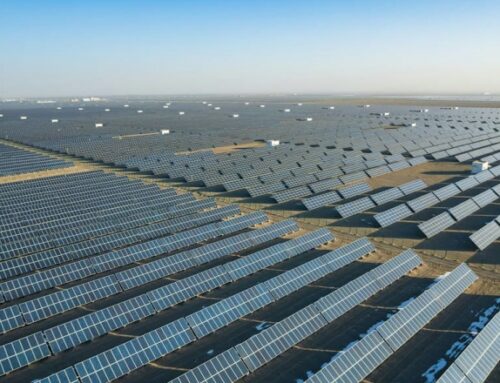Trump Policy Promises Set Stage for Influx of Climate Litigation
January 2, 2025
The energy industry is set to have a banner few years under President-elect Donald Trump’s anti-regulatory programs, which open the door for another potential wave of climate and greenwashing litigation.
Trump has enlisted the help of Tesla executive Elon Musk and once-presidential hopeful Vivek Ramaswamy, who will act as advisers to “immediately pause the enforcement” of Biden-era regulations and “initiate the process for review and rescission,” according to their proposed plan.
The incoming administration will also operate under the US Supreme Court’s decision to overturn the Chevron doctrine, which could leave Biden actions even more vulnerable if Trump argues that they exceeded executive authority.
That action will certainly prompt litigation from environmentalists, but may also spur lawsuits against companies that get overly comfortable under an administration that’s more amenable to industry interests and less stringent regulation.
Trump “is not going to take any steps to rein in the fossil fuel industry from the types of conduct that are alleged in the cases, or the harm that’s alleged to have come from those activities,” according to Jeffrey B. Simon, partner at Simon Greenstone Panatier PC and attorney for climate plaintiff Multnomah County in Oregon.
The fossil fuel industry has been fighting tort suits for nearly a decade, trying to quash claims for damages that will help pay for local climate change adaptation efforts all over the United States. In recent years, plaintiffs have been exclusively using state fraud laws to target companies over alleged misinformation about global warming and, more recently, plastic pollution.
The tort cases are almost always filed first in local courts, and are followed swiftly by drawn-out battles over jurisdiction. Judges have largely punted these cases back from federal courts to state courts for what could be a series of closely watched trials.
These litigation trends have already experienced a recent spike in action at the end of 2024 as the Biden administration comes to a close. Three new greenwashing lawsuits have been filed since November alone out of Maine, Kansas, and North Carolina.
“The anticipated uptick is likely to be reactionary,” according to George Mason University law professor Donald Kochan. “The frustration with the political process has always been a driver motivating the filing of climate change litigation.”
Trump’s return to office in 2025 will likely push more states and cities to file their own suits, especially if they’ve been close to filing already. Michigan could be next up to launch a case, after calling for attorneys in May 2024.
“We are back where we were five years ago, where there’s going to be a gap at the federal level of any kind of rule or legislation,” Lewis & Clark law professor Lisa Benjamin said. “Public entities are still left with all of these costs that are mounting from the climate crisis.”
Big oil, gas, and chemical companies, now under growing liability pressures, will turn to similar defensive strategies they’ve used in the past to fight for federal jurisdiction and eventually kick things up to the high court, Benjamin said.
These tort cases may not fare as well under the current makeup of the US Supreme Court, which has spent the last few years hemming agency authority to regulate greenhouse gases and regulate major ozone air rules.
“The strategy is: delay is the new denial,” Benjamin said.
Search
RECENT PRESS RELEASES
Related Post



